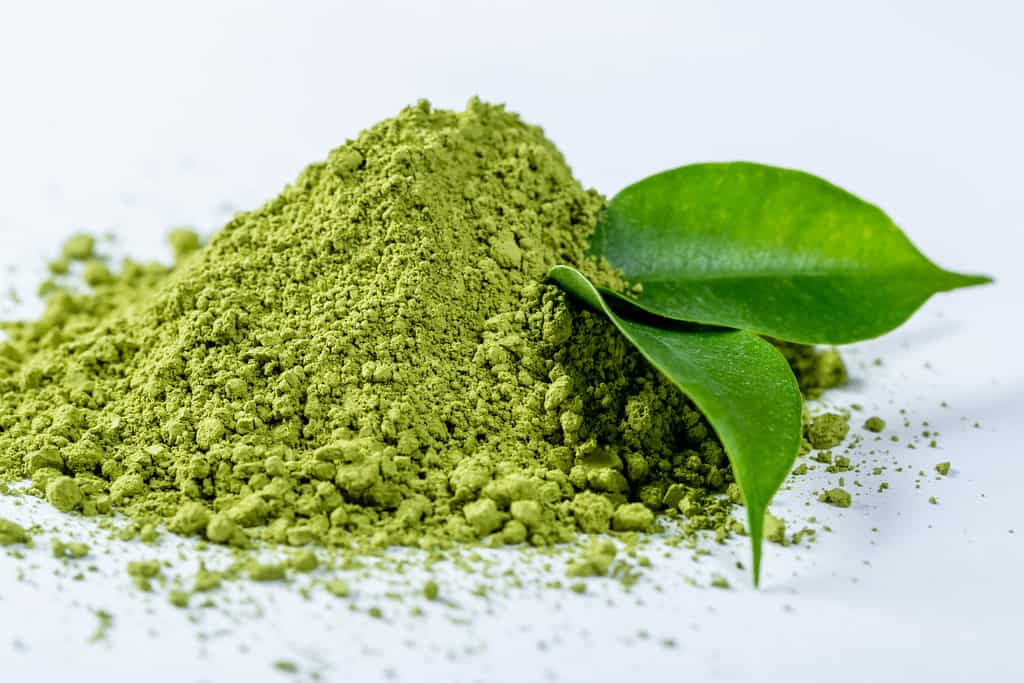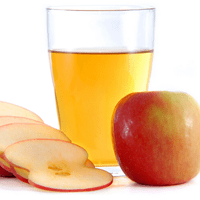Urticaria is an itchy skin disease more commonly known as hives. It usually appears on the skin in the form of pink or red patches which can be incredibly itchy and irritating. There are two types of urticaria categorized as acute or chronic, the latter staying on the skin for an extended period of time usually beyond a good few months.
The best treatment for urticaria is prevention and this can be done when the patient recognises the symptoms and what elements trigger them off. Treatment is therefore to avoid such elements from occurring and having a negative effect on the skin. Acute urticaria is of short duration, anywhere between a couple of hours and a few days. This form of urticaria is easier to treat than that of chronic and can therefore be virtually eliminated is the preventative measures are taken and adhered to.
For the more severe form of urticaria, it is often not quite so straightforward to treat. Finding the triggering factors can be much more difficult and for many sufferers it often equates to an autoimmune disorder. It is estimated that around fifty percent of chronic urticaria cases cannot be successfully treated; therefore a cure is not possible.
Where urticaria or hives are detected in the first instant it is advisable to pay a visit to a physician, who can then access the skin and diagnose the type of urticaria. Lifestyle as well as diet is also something that is looked at in order to pinpoint any harmful factors that lead to an outbreak of urticaria. Creams and ointments can also be used to treat mild cases of hives and there are even herbal remedies available that are known to have positive healing effects.







